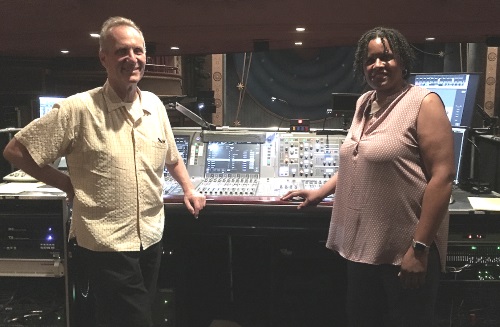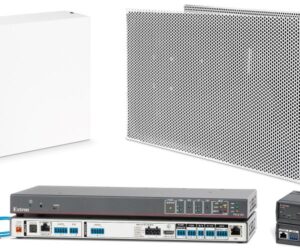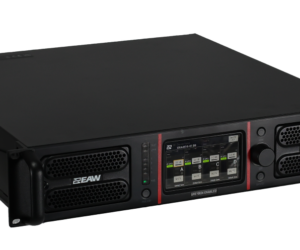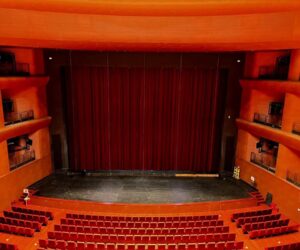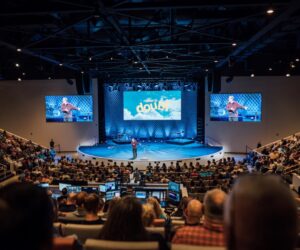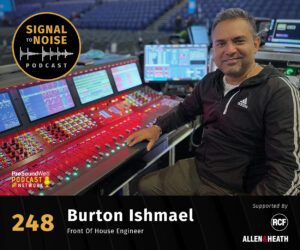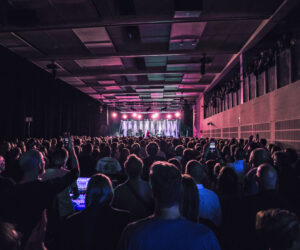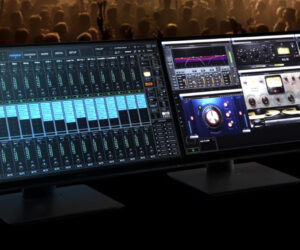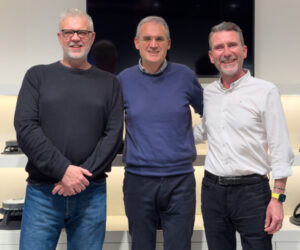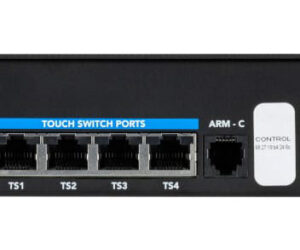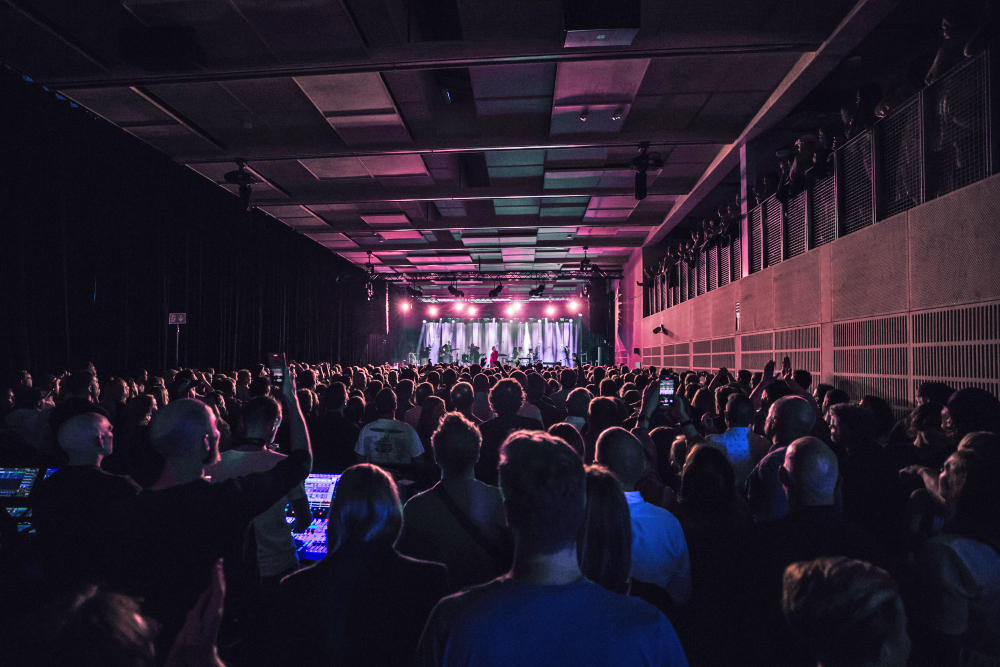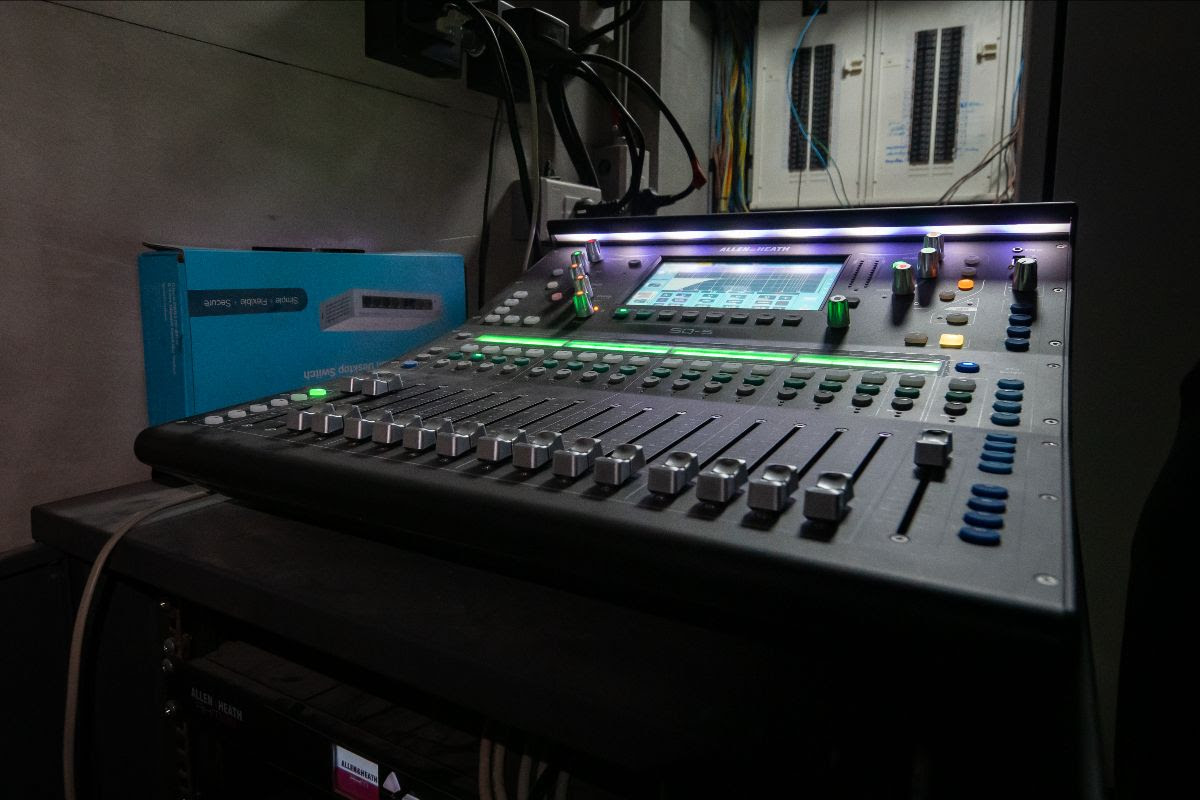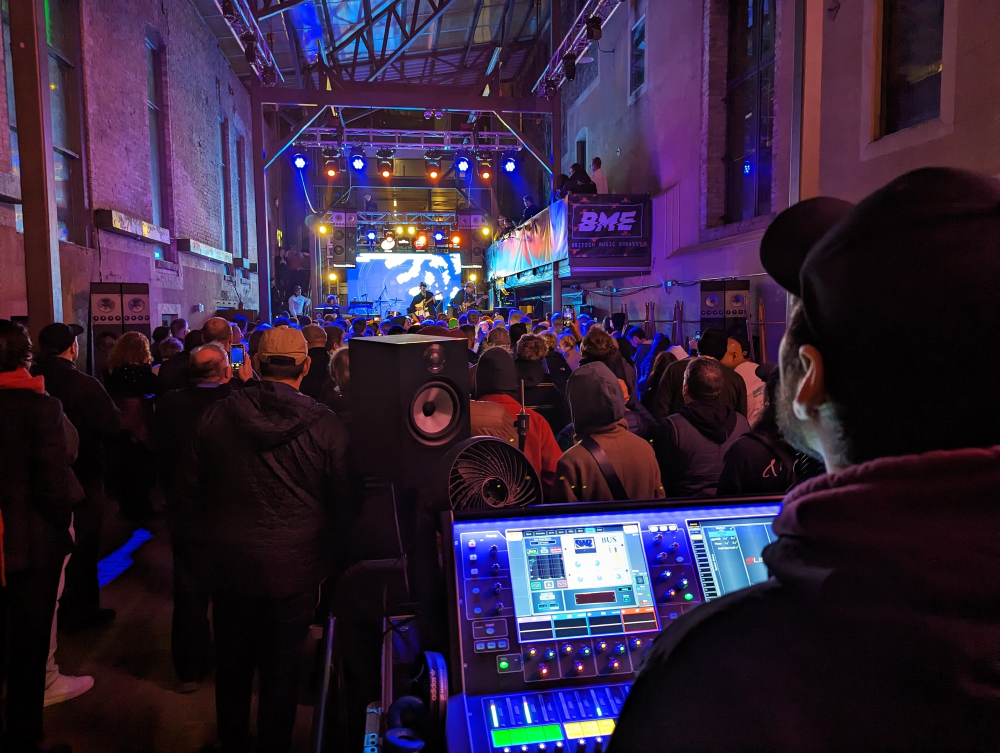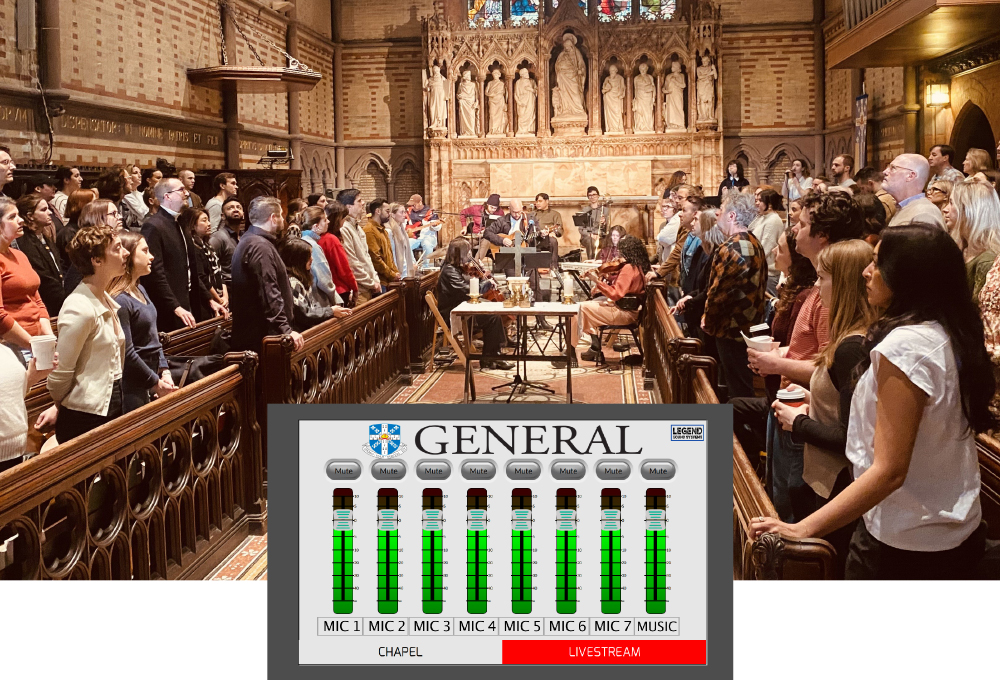Up for 11 Tony Awards (televised June 10) for Best Revival and the most nominated show of the year, the Jack O’Brien and Justin Peck revival production of Rogers & Hammerstein’s “Carousel” has been playing to thousands at the Imperial Theatre in New York City with support from a Yamaha PM10 digital audio console.
There’s a lot of music in this show, from “If I Loved You” to the vocal challenge of “You’ll Never Walk Alone,” with 34 actors on stage and a fully acoustic (no electronic instruments) orchestra of 26. Sound design for the musical played a crucial role and was made possible by the technical expertise of Broadway sound designer, Scott Lehrer, the 5-time Tony Award Nominee and Winner, Drama Desk and Grammy Awards, and this year’s nominee for Carousel.
“With a new orchestration by Jonathan Tunick who wanted to keep the traditional musical values of the show, we worked a lot on the way the orchestrations should sound which was partially the reason we chose the Yamaha PM10 digital audio console that became instrumental in allowing this to happen,” states Lehrer.
Lehrer says the nature of “Carousel” is a classic Broadway musical that doesn’t require a lot of crazy programming and bells and whistles, “The needs for this show aren’t technically very large,” says Lehrer who has committed to using the Yamaha console on a least one or two of his shows and national tours in the fall.
“For traditional revivals, I try to have a fairly transparent sound system, meaning that the audience isn’t aware of the reinforcement; so we typically use high quality Sennheiser wireless mics and receivers, and on the speaker side d&b Audiotechnik,” Lehrer says.
“I have used a Yamaha CL console for smaller productions, but there are things about the PM10 I love that make me want to use it again like the Premium plugins that allow me to do what I can’t do on other manufacturers’ consoles that do not have the same on board capabilities. For example, I can have a lot of control shaping signals on inputs. I love plug-ins and use them on all channels. It makes a big difference, and I knew from the CL audio quality, the PM10 was only going to be better. The mic preamps, A/D converters and processors are a good solution for me.”
Lehrer sights the Yamaha reliability factor of utmost importance. “They are the most reliable consoles I’ve ever used. So, the combination of reliability and the audio quality, a on board Premium effects and plug ins: compressors, EQ, and reverbs, less outboard gear less and less possibility for failure, just makes the package a lot cleaner. I am super happy about how the show sounds. It’s that combination of the right console, the right microphones and the right speakers.”
Sound Associates (NY) provided the audio equipment including the PM10 for Carousel. Carin Ford, has been mixing the show on the PM10. Her familiarity with Yamaha was mixing on a PM5D for “Finian’s Rainbow,” another of Scott Lehrer’s designs. “A good Broadway mixer gets around digital consoles fairly quickly, notes Lehrer, and Carin ultimately found the PM10 pretty ergonomic and intuitive to get around.”
“Consoles are so complicated, Lehrer continues, there are so many layers of software to go through, that add even more layers of complexity. “But, we are also trying to make things certainly less complicated and easier to do.
Every radio mic comes in digitally using two Premium plugins, an LA2 compressor, and 2-band dynamic equalizer, and Pultec equalizers on some channels. The show is using upwards of 40 channels with Premium plugin, and also using the on-board tc VCC reverbs. The PM10’s SILK feature is used on the orchestra channels to liven things up and makes rich instruments sound even richer when using the Blue SILK, and smoother on high end using the Red SILK. Also, the console’s DCAs are used for many scenes that change a lot during the show, very typical of Broadway shows.
The other point Lehrer makes about the PM10 is working with TWINLane and getting all the digital signals around via Dante. It’s an interesting new way of working; we’re using TWINLane as the highway and then sending through to Dante and in some cases, MADI, which works well for us.” Lehrer also credits his associate designer, Alex Neumann, for keeping all the technical aspects running smoothly.
Lehrer has committed to using PM10s on his upcoming tours of Hello Dolly and Fiddler on the Roof this fall as well as using a PM7 on the new play To Kill a Mockingbird on Broadway.


